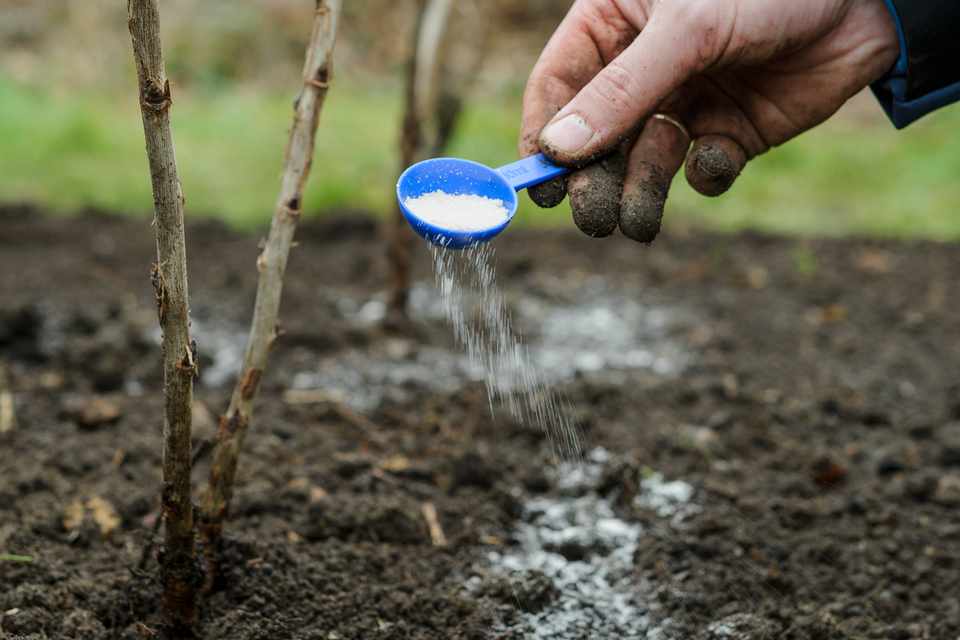Brazil has solidified its position as the leading market for Bolivian potassium chloride, with significant sales recorded in the first half of this year and anticipated for 2022, according to Bolivia’s state-owned company, Yacimientos de Litio Bolivianos (YLB).
The majority of the potassium chloride produced is used for making fertilizer, called potash, since the growth of many plants is limited by potassium availability.
Potassium chloride sold as fertilizer is known as muriate of potash. The vast majority of potash fertilizer worldwide is sold as muriate of potash.

Carlos Ramos, President of YLB, explained that potassium chloride was primarily sold in the domestic market and exported to Brazil during the first semester, similar to last year when exports tripled in value compared to 2021.
Ramos further highlighted that lithium carbonate and potassium chloride sales in the national and international markets generated 75 million bolivianos (approximately US$10.8 million) in revenue during the first half of the year.
Bolivia is actively engaged in the industrialization of lithium in the Potosí department, located in the southwest region.
The industrial-scale production and export of potassium chloride, lithium carbonate, cathodes, and battery plants (including pilot plants) contribute to the country’s domestic and international market sales.
With the recent launch of a new lithium carbonate plant in the second quarter of this year, Bolivia is poised to enter industrial-scale production and export of lithium carbonate, as per government projections.
Bolivia aims to sell approximately 3,000 tons of lithium carbonate by the end of the year, marking the initial production from the new industrial plant.
According to Ramos, this production is expected to reach 15,000 tons in the coming years.
The country possesses 21 million tons of lithium reserves in Uyuni, making it home to the world’s largest lithium reserves.
Bolivia anticipates doubling this reserve capacity by assessing the Pastos Grandes and Coipasa salt flats.

